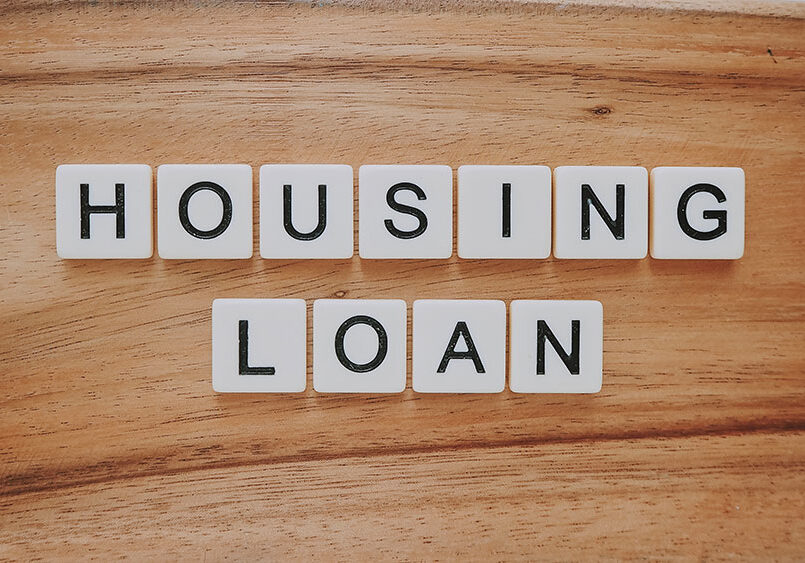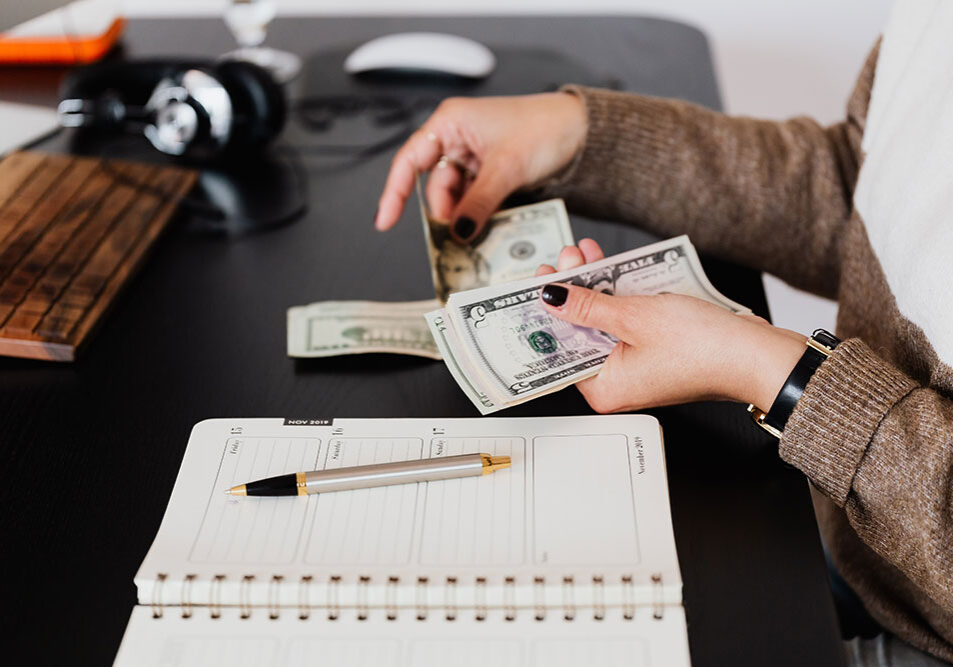The Pre-Pre-Approval Conversation
Are you tired of paying rent? Have you asked yourself why you continue to essentially pay your landlord’s mortgage? These are the typical questions many Millennials ask themselves as they inch closer to becoming home owners, but there’s much more to that conversation that need to be addressed before beginning the home buying journey.
As we note many times when talking to clients, most of us never went to mortgage class in high school or college. So that introductory conversation can be crucial when you’re just getting a grasp of what it would take to buy a house. So without further ado, here are Accunet’s quick tips on the prelude to the Rock-Solid Pre-Approval.
The Difference Between Affordability in the Mortgage World versus the Real World
The #1 question we get asked as Accunet is “how much house can I buy?”
We’ve got a great mortgage calculator app at Accunet.com that can answer the ultimate home-buyer question when you’re standing in a house: “What would the monthly payment be?”
The debt to income ratio is key too – no more than 45% of your monthly income can go toward your monthly debt payments (that’s the new house, car payment, student loans, credit card minimums, etc…). For example, if you make $4,000 a month – we need to squeeze all that in to $1,800 — 45% of $4,000 a month.
Just because you can swing a larger payment does not mean you should feel compelled to get a larger mortgage though.
Affordability Calculations are based on Pre-Tax Income
As in, before you send Uncle Sam his cut for national defense and highways. So 45% plus your taxes (maybe 25% to the Feds and a slice to the State) — and what’s left over is for food, clothes, gas, etc…
Finding that balance is good — just because you can afford a higher payment and thus a bigger mortgage, doesn’t mean you have to. It’s good to be able to buy a beer on the weekend without feeling guilty about breaking your budget.
Be Aware and Accepting of Budget Creep
If you say you want a $1,100 monthly payment or to buy a house at $200,000, that’s great.
This is basically negotiating with yourself in your own head. You’ll get curious though if you don’t find what you’re looking for at or below your maximum price. Inevitably you might just take a quick look at what a $205,000 house might look like. And then maybe $210,000.
That’s okay. Sometimes you have to pay to get what you want. Just don’t hold yourself back from getting that dream home if it’s $24 over your allotted monthly budget payment.
Keep Your Friends Close and the Property Tax Monster Closer
If your max payment can be $1,200 a month, it gets divided up between principal, interest, taxes and insurance.
If the taxes are $300 per month, that leaves $900 left over – roughly the equivalent of a $180,000 mortgage.
If the taxes are $400 per month, that leaves $800 left over – roughly the equivalent of a $160,000 mortgage.
A $20,000 difference — all from a $100 swing in property tax costs.
From those quick examples, that’s either a much larger down payment or a very different sized house.
—————
We emphasize that there’s no wrong answer as to payment and taxes and budgeting.
It’s a matter of what makes you most comfortable as a borrower.
elementor-template id=”10109″]
Want the Lowest Rate on Your Home Loan?
Let's Get Started!
You Might Also Like
Aenean sollicitudin egestas elit vel mattis. Proin non lorem arcu. Sed ornare venenatis sapien id iaculis. Etiam ultricies interdum commodo. Aliquam erat volutpat.


